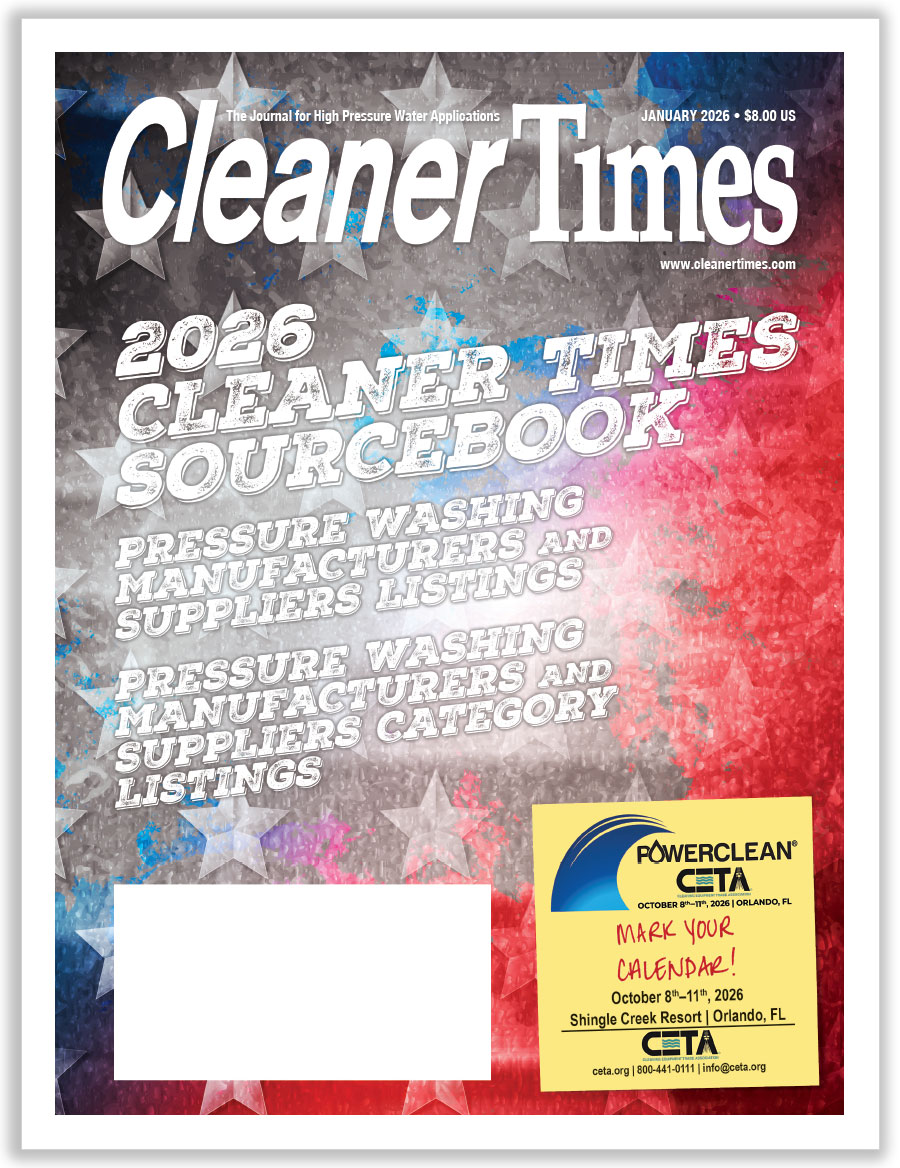
Maximizing Customer Referrals
By Beth Borrego / Published September 2016

Perhaps one of the most coveted and powerful revenue sources for a company is referral business. There are a number of reasons why referrals are so good for business. For one, the advertising money spent to get the customer who did the referring is still working for you via the new referral, which is wonderful. Second, the majority of those referred to your business will not shop for another solution, and even if they do, they will weigh your company very favorably against the competition because of the referral. But what’s the trick to getting the referrals to begin with? Is there a right or wrong way to go about soliciting referral work?
Let’s begin by looking at why people refer their family, friends, co-workers, and other businesses to do business specifically with your company. Both people and businesses alike work hard for their money. When a purchase decision is made, there is a certain air of excitement that accompanies it. All of us want to believe we have made a good purchase decision, and that our hard-earned money is going to be well spent. The goods and services we purchase must live up to our expectations. If they don’t, we are unlikely to repeat the purchase and even less likely to refer the business we purchased from to others we may know who are in the market themselves. A negative experience costs you not only an existing customer in this case, but perhaps some amazing potential referral business, too.
A solid referral program begins when you first meet your customer for the first time. Positive first impressions are very important, as is the entire sales process and all of the customer service and follow-up coming from anyone in your company. Each interaction should leave the customer feeling positive and satisfied with their decision to use your company. This means that in addition to being able to offer answers and assistance, you and your staff must be good at listening and helping to solve problems. After all, when a customer purchases a solution, it’s to address a problem that they currently have. They’ll be looking for things like professionalism, competent guidance, and follow up.
There is nothing at all wrong with asking for referrals. If your customer has just had an extremely positive purchase experience, then they are more likely to refer your business to others. Most of us have heard the saying about under-promising and over-delivering, and that’s a good practice to have, but that alone will not get your company referral business. You absolutely must stand behind your products and services, and be prepared to go the extra mile. You must stand for excellence and know how to truly listen to customers and appreciate the feedback they offer, no matter if it is positive or negative. Building trust is paramount to building a solid business relationship that will make customers want to refer work to you.
Make sure you recognize all the referrals you get. Consider writing a short hand-written note to your clients when they refer you prospects. Let them know how much you appreciate them for sending the referral to you. Notice I said to thank them for the prospects, not the customers. The reason is very simple. Not all prospects will convert to purchasing customers, but your customer thought enough of your business to send each prospect to your business, while singing your praises. That alone should warrant a hand-written thank you note. Whatever you do, don’t send a thank you e-mail. E-mails are cold and impersonal, and can feel a bit canned. Take the two minutes and write a note by hand.
Should you wait for your customers to suggest your business to others or should you inquire about it? Of course you should ask your customers to help your business grow. A happy customer will generally meet that request with enthusiasm. But is there a right or wrong way to ask for a referral? Well, actually, yes, there is.
Not so good:
Do you know anyone else that would be interested in our business in any way?
This sounds slightly vague. You’ll most likely get the ‘I’ll think about it and get back to you’ response. Don’t leave it to the customer to have to think about all the services you might offer, and all the people they know and come up with a match. That seems like an overwhelming task, doesn’t it?
Try this instead:
As you think about friends, family, and co-workers, does anyone come to mind who has mentioned to you before or whom you may have noticed needs the same product or service that you just bought from us?
Another question:
Do you recall anyone having a discussion about having similar work done or needing similar products to ours?
This approach is narrower and more focused and will get your happy customer thinking of others who need specific products or services that you offer. Ask them for referrals specific to what they just purchased. They will have in mind what you just did for them, and after all, enthusiasm is not only contagious, but is just as important in referrals as it is in non-referral sales. You have given them something much more focused to think about, and the odds of them being able to think of a referral have just increased. In many cases, people do discuss services and products they are thinking of purchasing with other people before doing so and often because they both have the same need.
Referrals don’t always happen when you finish a job or make a sale for equipment. It could be months before an opportunity presents itself to your customer. In the meantime, you’ll need to make sure to solicit feedback from them. After all, your customers matter and so do their opinions and their experiences. Let them know that. Asking your customer to fill out a brief survey and to provide feedback is a stepping stone for both of you.
When a customer fills out a satisfaction survey, they should always be given the option to provide a few personal words which you can use as a written reference. These references often provide peace of mind for consumers when they are doing research, so make sure that you have a spot on your website for them. These customers, who freely gave your company a great reference, are your best bet for referrals if you’re looking for additional work.
There are also business referral groups, like BNI and other associations that focus on small business owners networking in a local group and sharing potential leads. However, this sort of lead generation is not quite the same as a referral from a current satisfied customer. It’s important to understand the distinction between a sales lead and a referral from a current satisfied customer. A referral sent to you by a happy current customer is always your best referral.
Always strive for excellence. Perhaps that should go without saying, but by keeping excellence and professionalism at the forefront of each customer experience, you’ll help to solidify the chances that you’ll get a referral from your customers. People are always excited to share their experiences, and when they share a positive one, people are more likely to ask for your number than they are if they share a negative one. Today on social media sites, feedback that you are completely unaware of is taking place behind the scenes between your customers and their circle of friends. The only power you have to influence their private posts is to make sure that you always deliver the most excellent experience you possibly can. Of course, no company is perfect, but today’s consumers will take the hiccups with a grain of salt and then decide for themselves. If consumers are doing research looking for a service provider and perhaps have seen good things about you, then when a valued friend posts wonderful comments about their experience, you’re one leg up on the competition.
Many companies use customer incentives to drive referrals. Having a form to fill out and send in to your office and offering gift cards as a thank you for a sale that you have converted from a referral is nice, but be careful not to appear as though you are offering a monetized referral program. This could be a turn off for some customers, as it might appear to be too impersonal. Just be careful how you structure the plan, and perhaps look for feedback before you implement it.
If you have a newsletter that you publish, say quarterly for example, with handy tips for your customers, consider having a spotlight area in the newsletter where you can thank your customers by name for their referrals, in whatever way seems most appropriate. This would, of course, be in addition to the personal hand-written note we discussed earlier. A little extra recognition and positive reinforcement couldn’t hurt!





